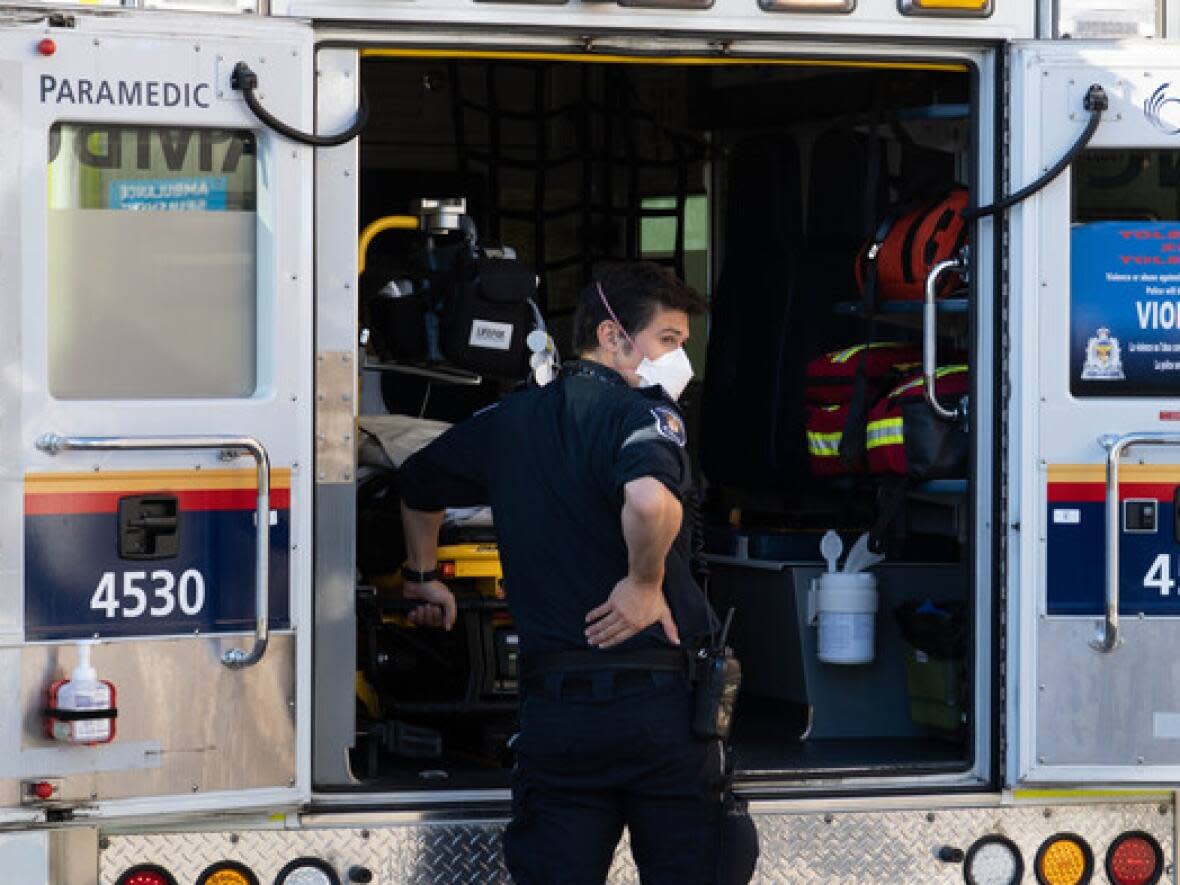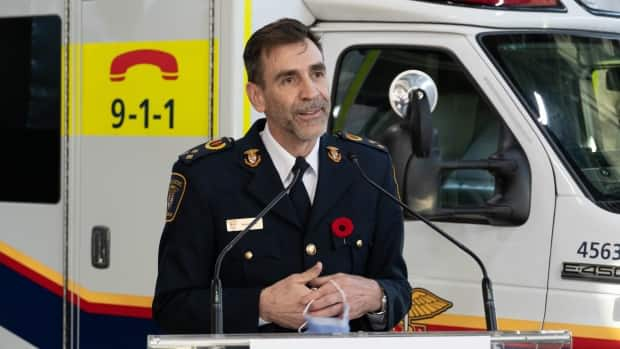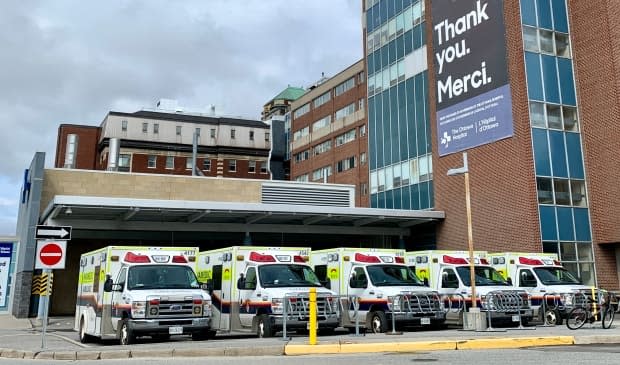'Level zero' ambulance problem worsens dramatically in Ottawa in 2022

Ottawa's paramedic service saw a dramatic increase last year in cases of "level zero" — when there are no ambulances to respond to a 911 call — with more than twice the number of incidents as reported in 2021, which had been a previous record high.
In total, there were 1,819 such incidents in 2022, or 74,216 minutes spent without an ambulance to respond to an emergency in the nation's capital.
"That almost equals seven weeks of time where there was not an ambulance available to transport an individual," the City of Ottawa's paramedic chief Pierre Poirier told city councillors on the emergency preparedness and protective services committee on Monday.
The committee would go on to approve 14 more paramedic hires in the 2023 budget, which is the same number of extra positions added annually under the last city council.
"It's of great concern to me and to the paramedic service," said Poirier.
Poirier said the "number one driver" to the problem remains the same. Paramedics wait long hours at emergency departments to transfer patients to the hospital system before they can be freed up to take new calls.
It's been an issue for many years, but things have worsened recently.
The 2022 figure increased almost 2.5 times from the 750 incidents in 2021, which was already unprecedented and included a 2021 holiday period that saw the paramedic service remain at level zero for up to 15 hours at a stretch.
In one case, an ambulance from Gananoque, Ont., had to be called to take an Ottawa call because it was the closest available.

Hospital issues lead to continued level zero: paramedic chief
"It's one of those issues that in many respects may be intractable," Poirier told CBC News. "We often use the term 'health-care crisis' and we're part of it. It doesn't mean we ever stop looking for solutions or ways to mitigate."
The city sees the ambulance shortages as part of a larger issue with the provincial health-care system, so it has worked with local hospitals to improve transfer times at the hospital. The Civic campus of the Ottawa Hospital created a temporary 40-bed unit in 2020 to deal with those delays. The City of Ottawa also assigns paramedics to emergency departments at other hospitals to monitor patients so ambulances can get back on the road.
Poirier acknowledges those efforts haven't solved the problem "whatsoever" given the crisis in hospitals with staffing levels and patients who use emergency beds when their needs are best met elsewhere, such as in long-term care.
Former mayor Jim Watson had written to the Ontario government in January and August 2022 to call for more help, calling the delays at hospitals a "public safety issue."
The August request for $5 million in extra base funding for 42 more paramedics has not yet been met, Poirier said. The province did, however, confirm extra funding late last year for a nurse dedicated to reducing the delays transferring patients, he said.



